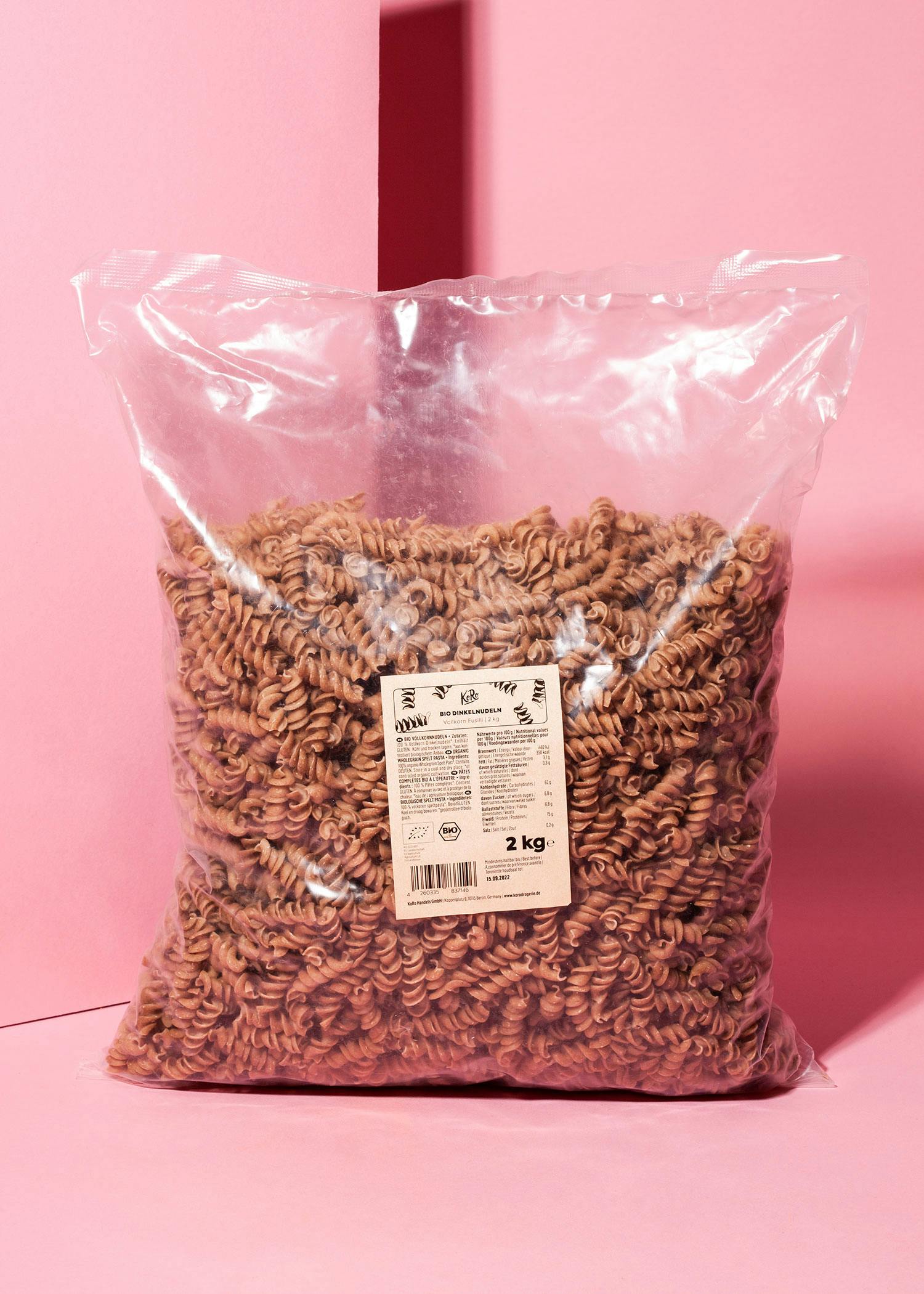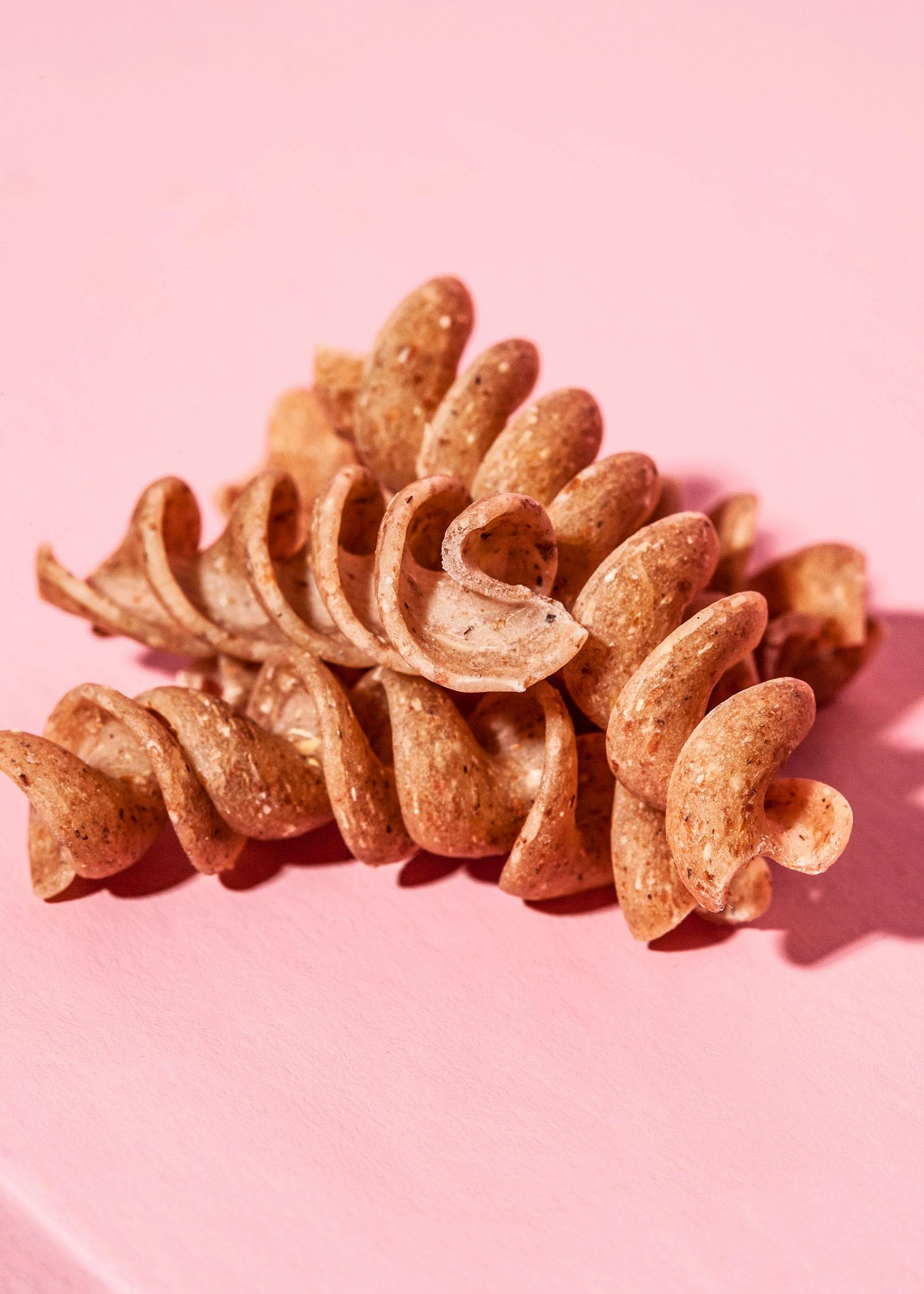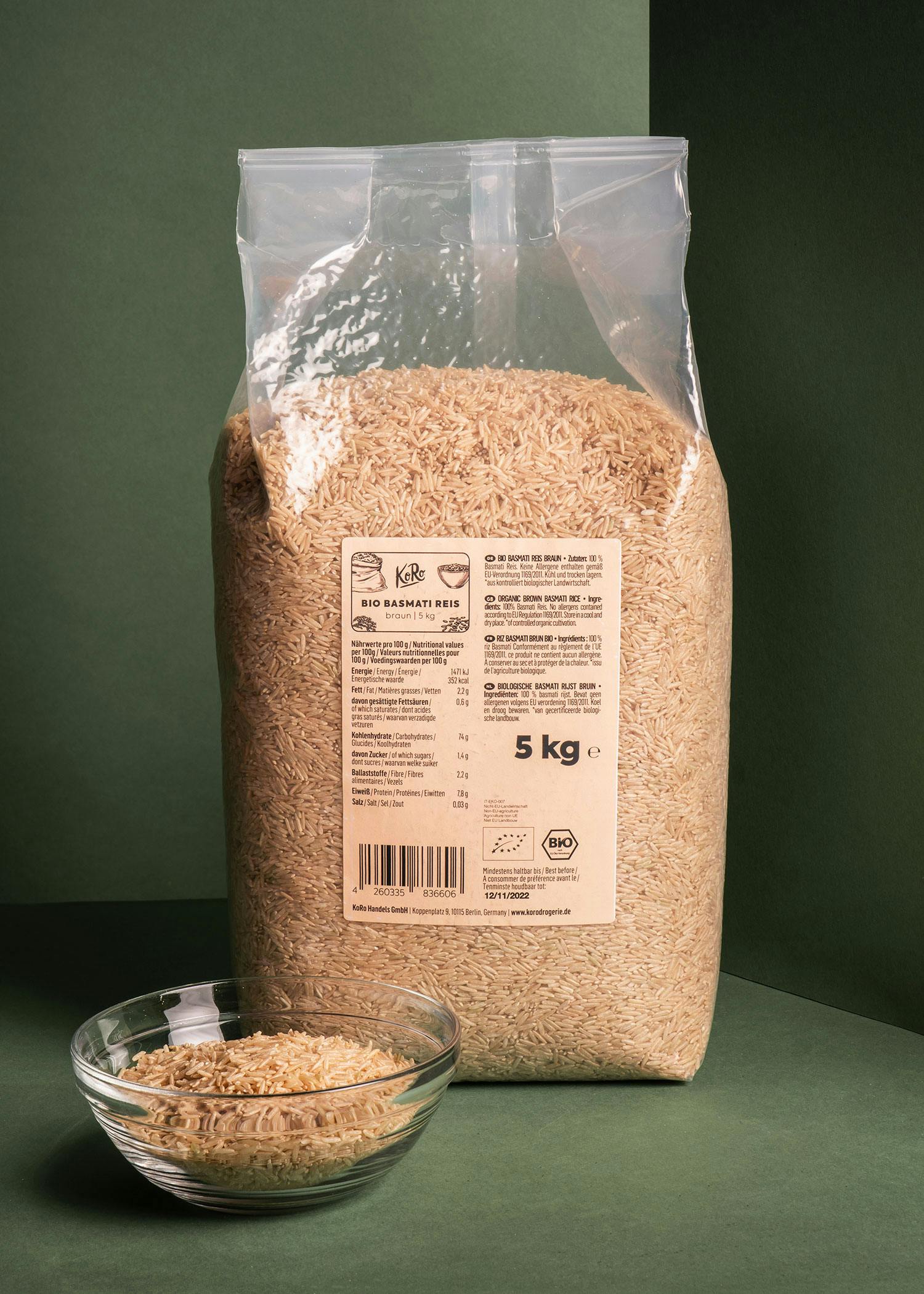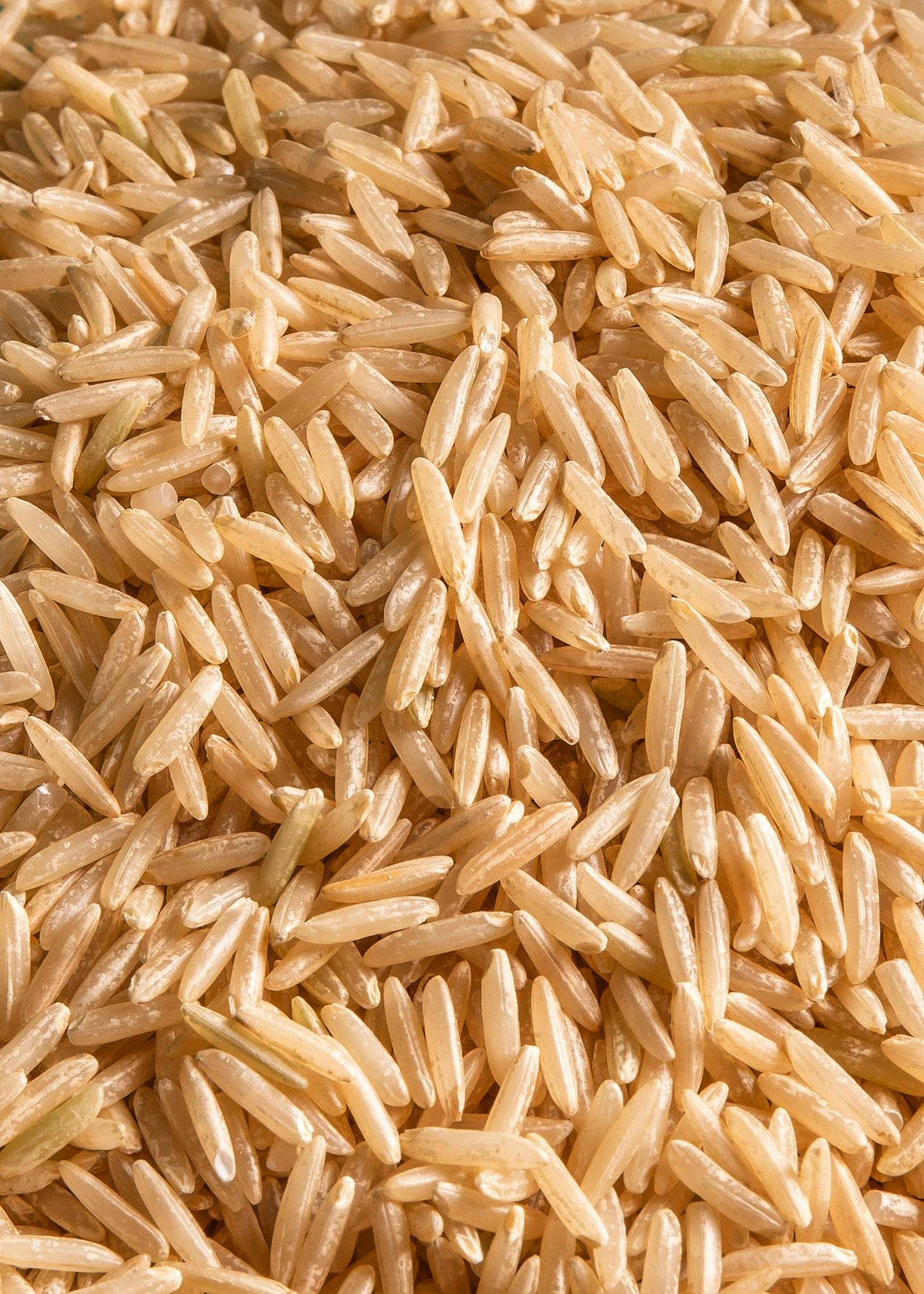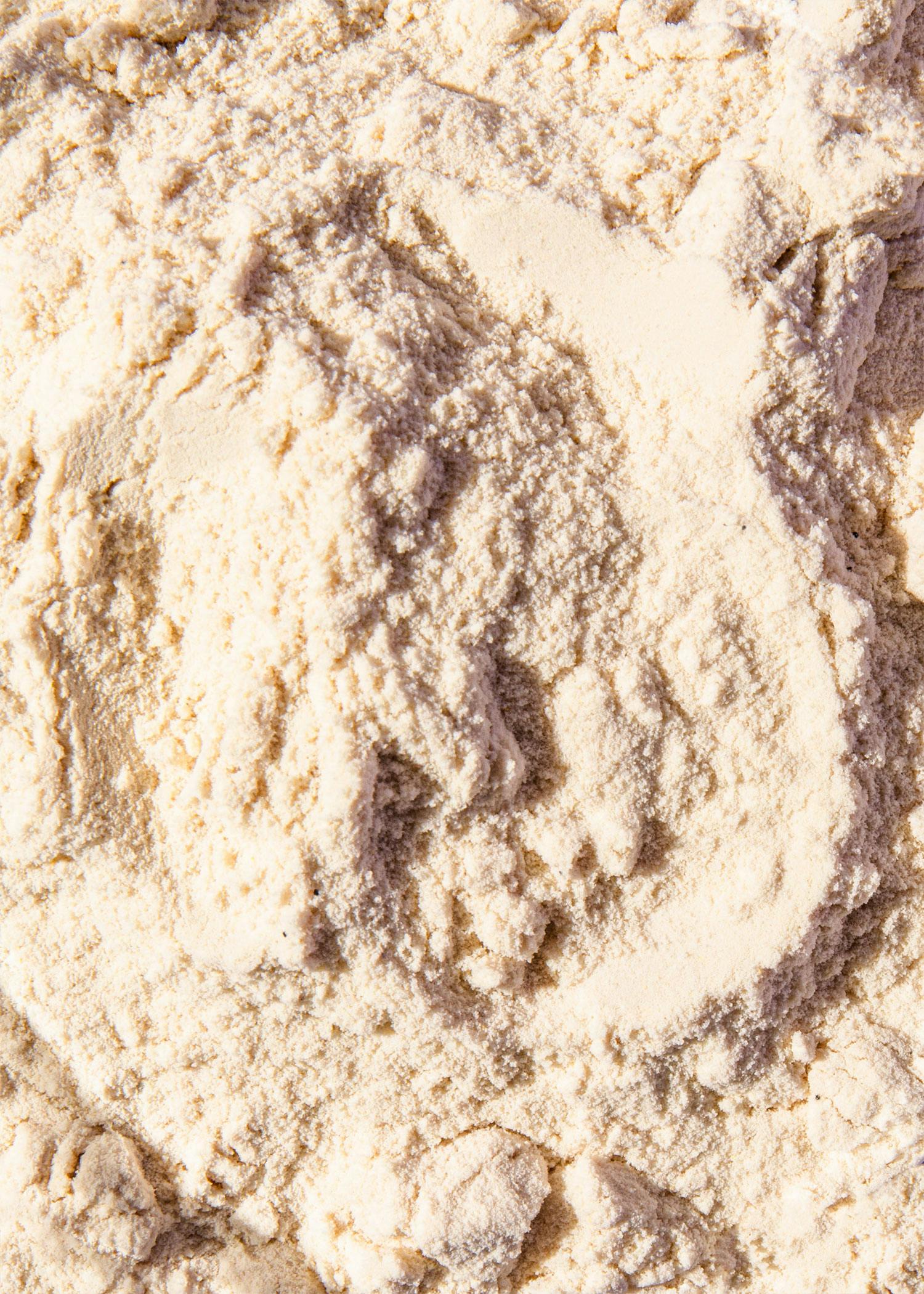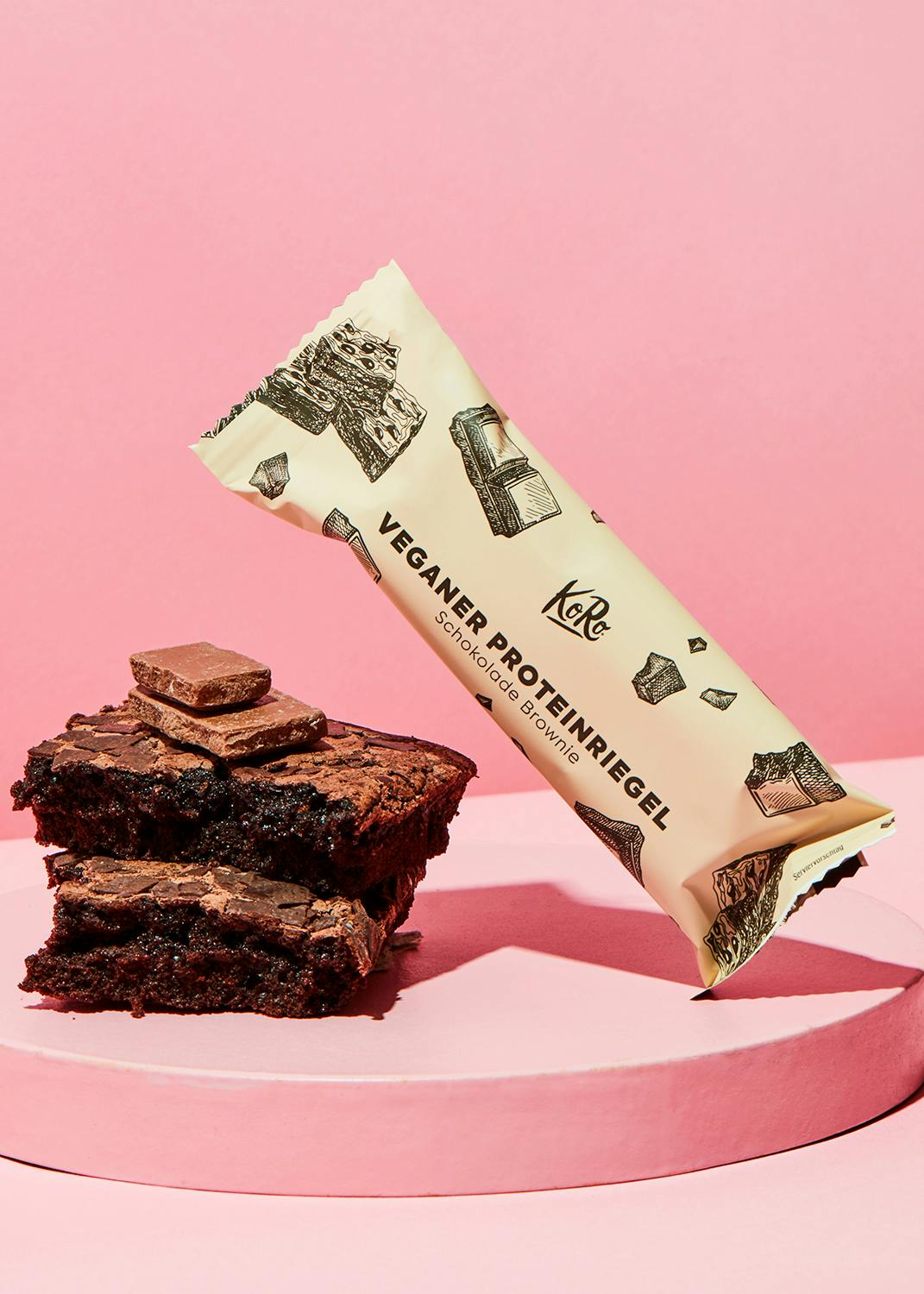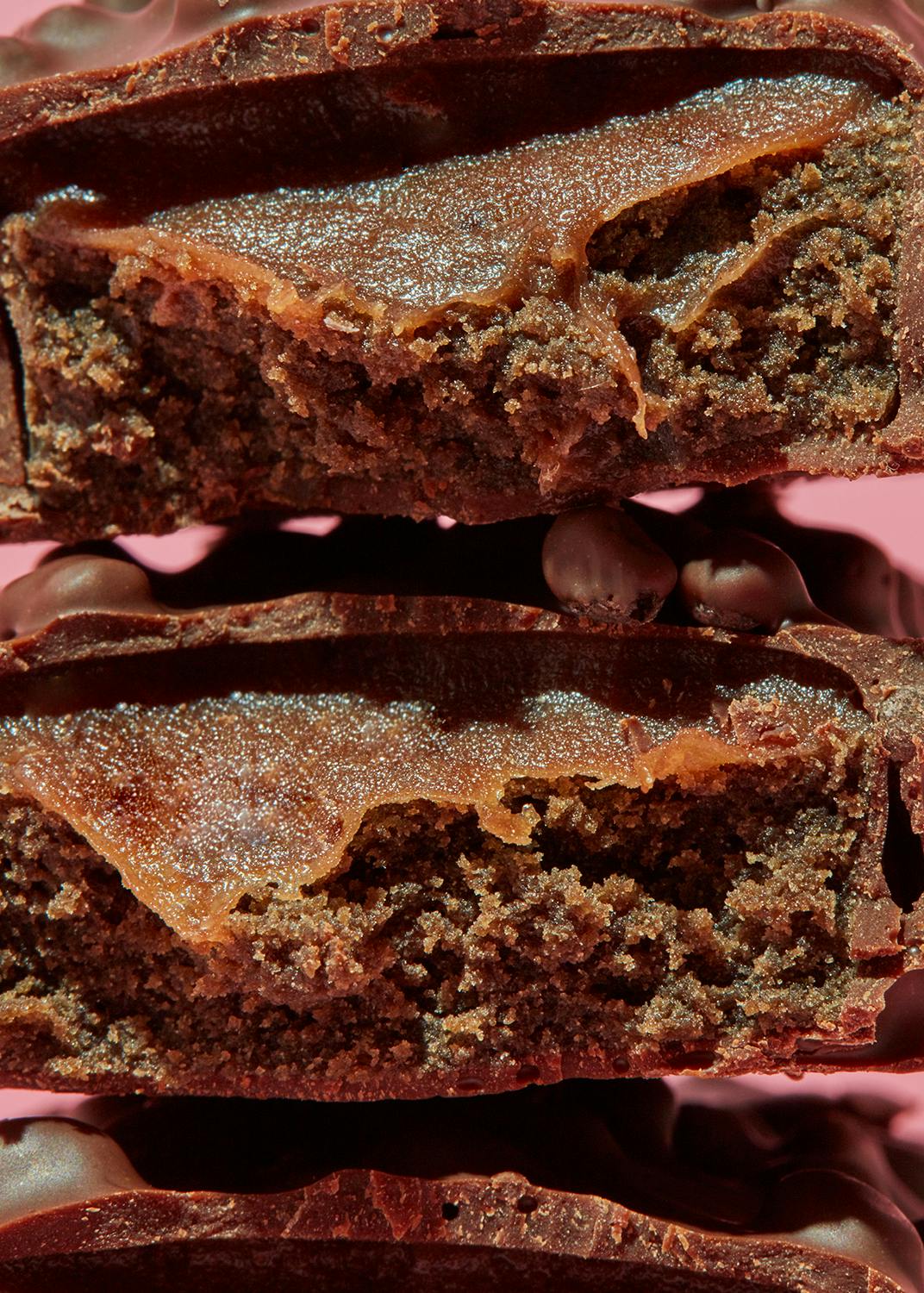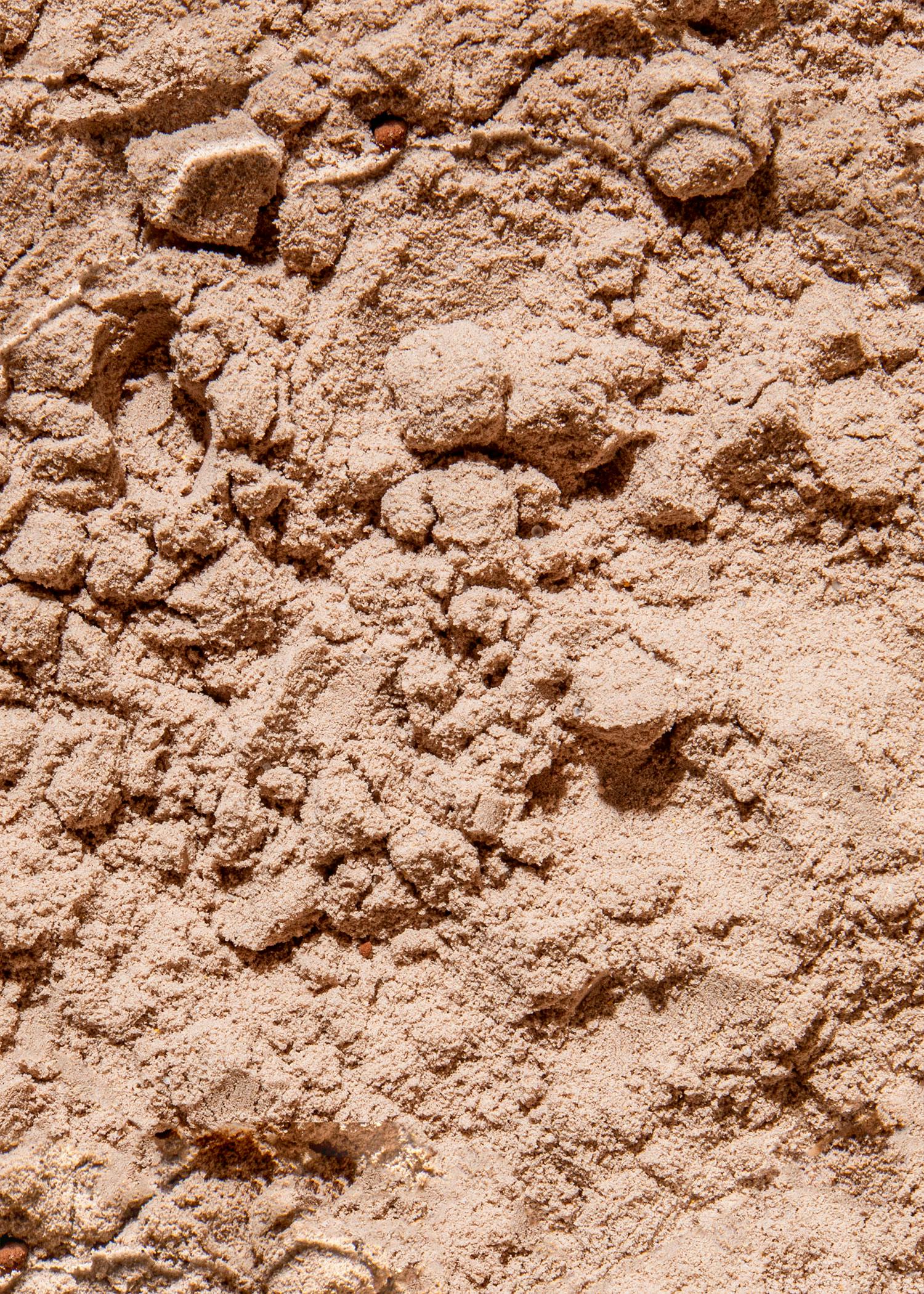The base: Carbohydrates
Do you love pasta and rice? Wondering if you can/should do sports when consuming carbs? Absolutely. Despite the popularity of low-carb trends on social media, carbohydrates remain essential for both endurance sports and strength training. Here’s why:
Quick and simple: carbohydrate-rich foods are popular with athletes because they are easy to include around training.
Limited storage: glycogen is stored in muscles and the liver, but only in small amounts compared with fat reserves.
Performance window: with full glycogen stores, you can sustain around 75–90 minutes of high-intensity activity before your body switches to fat as the main energy source – usually at a lower intensity.
After training: a carbohydrate-rich snack or meal post-workout helps replenish energy stores for your next session.
When and what to eat
2–3 hours before training: wholegrain pasta, oats or wholemeal bread are ideal pre-workout meal options.
30–60 minutes before training: small snacks like a banana, rice cakes, or white bread.
Immediately after training: fruit, dates or a mix of carbohydrates and protein, such as a smoothie with banana and plant-based protein powder.
Why snacking goes hand in hand with sports
Snacking during training — sounds weird doesn't it? This has long been usual in the sports world. Whether on a hike, long bike ride or even while doing a marathon – its always better with snacks.
Snacks: protein bars, dates, dried mango strips, rice cakes with nut butter, bananas.
Drinks: isotonic drinks or diluted fruit juice.
Gels: convenient, simple and fast-absorbing – especially popular in endurance sports.
Protein to build up and maintain muscle
Protein is probably the most talked about protein in terms of sports, yet it’s often consumed in higher amounts than necessary. For up to five hours of training per week, protein needs are around 0.8–1.0g per kilogram of body weight. If you train more than five hours weekly, 1.2–2.0g per kilogram may be needed to meet increased demands. Protein helps build and maintain muscle mass and support healthy bones. That’s why protein-rich foods are a staple for many athletes – whether for strength or endurance training.
When and what to eat
Immediately after training: no rush – protein synthesis remains elevated for up to 24 hours post-exercise.
Throughout the day: include a protein source in every meal to maintain steady supply.
Examples: legumes, tofu, tempeh, nuts, seeds, protein powder (e.g., in smoothies) or animal products like eggs.
Plan hydration wisely
Hydration is always important – with or without exercise. Athletes lose more fluid through sweat and breathing, so it’s essential to compensate. The exact amount depends on the sport, intensity, environment and your body. For example, you’ll sweat more in a hot climate than during a jog in mild weather. Mountain hiking or climbing also increase fluid loss due to higher breathing rates at altitude. In short: higher temperatures, larger body mass or intense training all increase fluid requirements.
When and what to drink
Up to 60 minutes of exercise: hydrate well beforehand; usually only needed during exercise in high heat or heavy sweating.
60–90 minutes: around 0.4–0.8 litres per hour, depending on temperature, intensity and body weight.
Over 90 minutes: drinks with added carbohydrates (e.g., isotonic drinks, diluted fruit juice).
2+ hours of intense activity: consider adding 500–700 mg of sodium per litre to replace electrolytes lost in sweat.
Final remarks
Whether endurance training, strength training or a combination, sports nutrition should be tailored to your training. Carbohydrates, protein and hydration work together to support performance and recovery. They should be a core part of preparation, not an afterthought.
For more information, explore our blog post all about protein for additional tips and practical advice.
